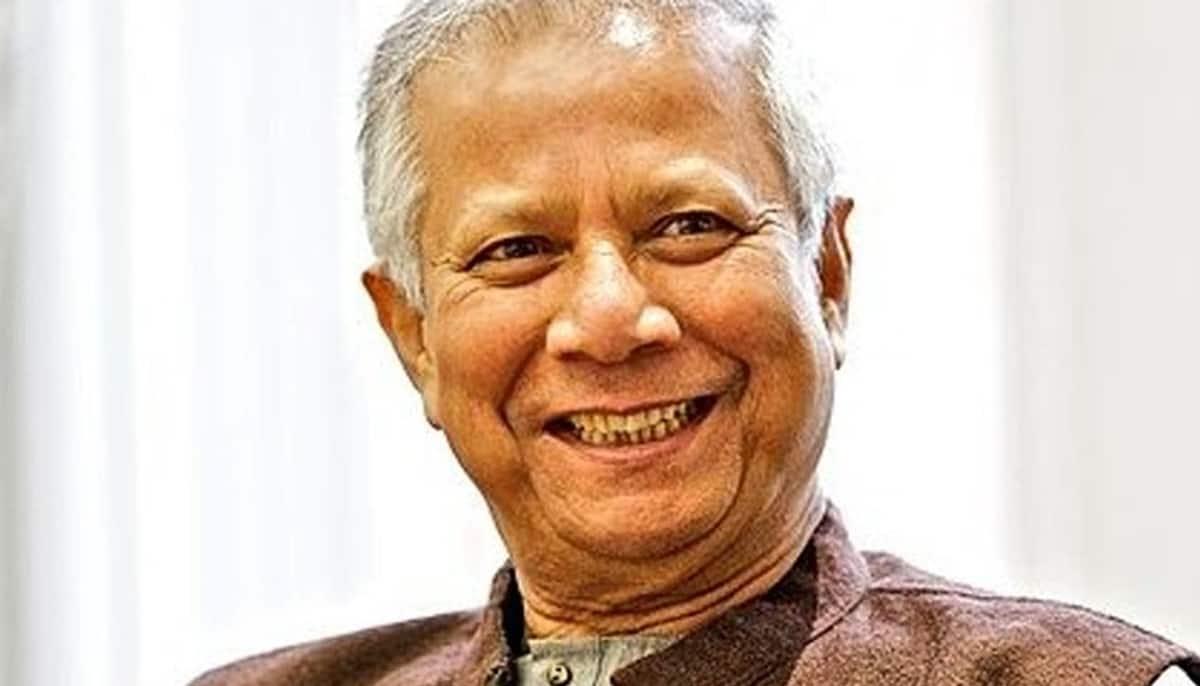
Who Is Muhammad Yunus, Leader Of Bangladesh's Interim Government?
Who is Muhammad Yunus?
Yunus is a well-known leader in civil society, banker, economist, and social entrepreneur. He attended Dhaka University after being born in Chittagong, Bangladesh, on June 28, 1940. Later on, he was awarded a Fulbright grant to attend Vanderbilt University and study economics.
Yunus earned his Ph.D. in economics from Vanderbilt in 1969, and the following year he joined Middle Tennessee State University as an associate professor of economics, according to the website nobelprize. After winning the Nobel Prize in 2006 for his groundbreaking work in microcredit and microfinance, he became well-known around the world.
Established in 1983 by Yunus in Bangladesh, the Grameen Bank gave small loans to marginalised business owners, enabling them to attain social and economic advancement even in the face of restricted access to conventional banking services.
Yunus served on the Fourth World Conference on Women's International Advisory Group from 1993 to 1995. He has held positions on the UN Expert Group on Women and Finance, the Advisory Council for Sustainable Economic Development, and the Global Commission on Women's Health.
In 2007, he launched a political party called "Nagarik Shakti," but he disregarded the idea of running for office. Prior to becoming chancellor of Glasgow Caledonian University in Scotland in 2018, Yunus taught economics at Chittagong University. From 1998 to 2021, he served on the board of the United Nations Foundation.
In January 2024, Yunus was sentenced to six months in jail by a court on a labour law case decried by his supporters as“politically motivated”. He was also jailed in a $2.3 million embezzlement case.
A look at Yunus' awards
Yunus is the recipient of numerous international awards for his ideas and endeavors, including the Mohamed Shabdeen Award for Science (1993), Sri Lanka; Humanitarian Award (1993), CARE, USA; World Food Prize (1994), World Food Prize Foundation, USA; lndependence Day Award (1987), Bangladesh's highest award; King Hussein Humanitarian Leadership Award (2000), King Hussien Foundation, Jordan; Volvo Environment Prize (2003), Volvo Environment Prize Foundation, Sweden; Nikkei Asia Prize for Regional Growth (2004), Nihon Keizai Shimbun, Japan; Franklin D. Roosevelt Freedom Award (2006), Roosevelt Institute of The Netherlands; and the Seoul Peace Prize (2006), Seoul Peace Prize Cultural Foundation, Seoul, Korea. He is a member of the board of the United Nations Foundation.
Legal Disclaimer:
MENAFN provides the
information “as is” without warranty of any kind. We do not accept
any responsibility or liability for the accuracy, content, images,
videos, licenses, completeness, legality, or reliability of the information
contained in this article. If you have any complaints or copyright
issues related to this article, kindly contact the provider above.

















Comments
No comment